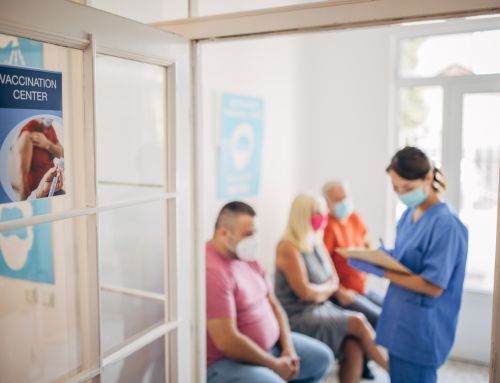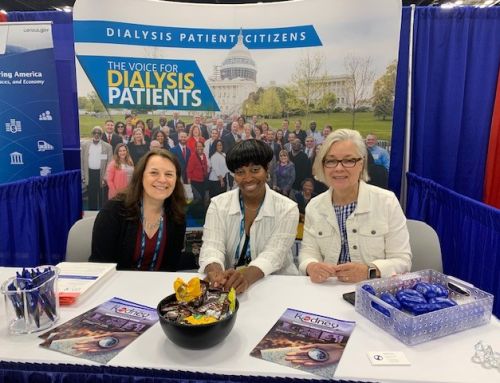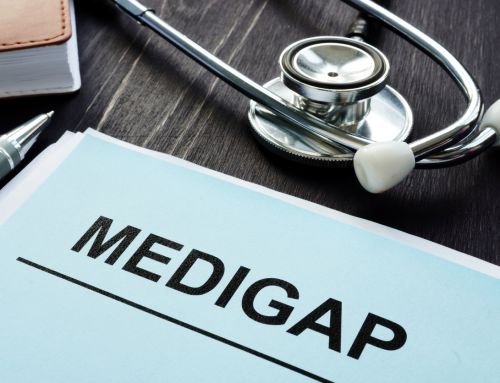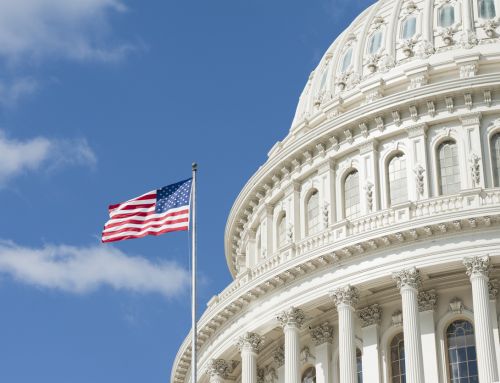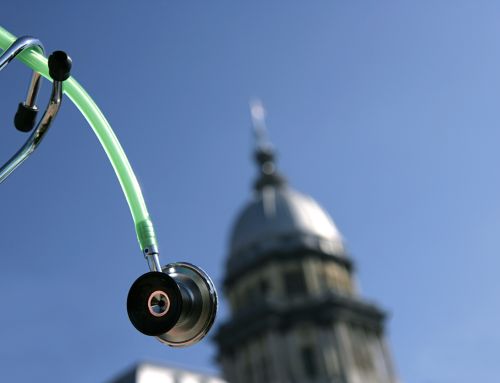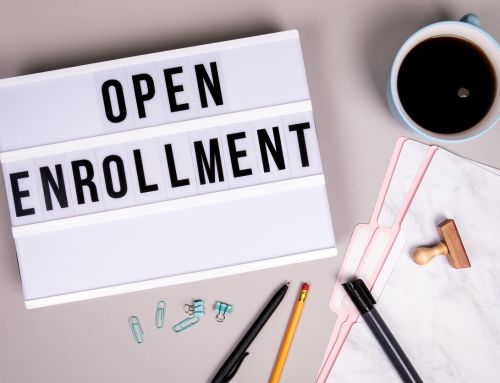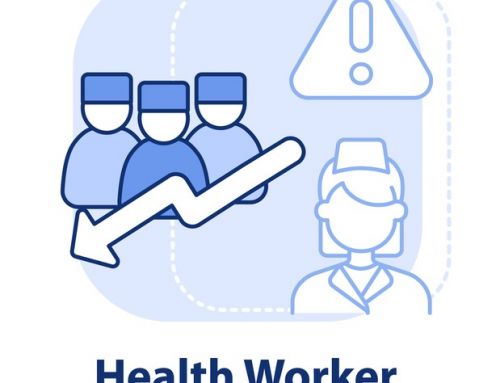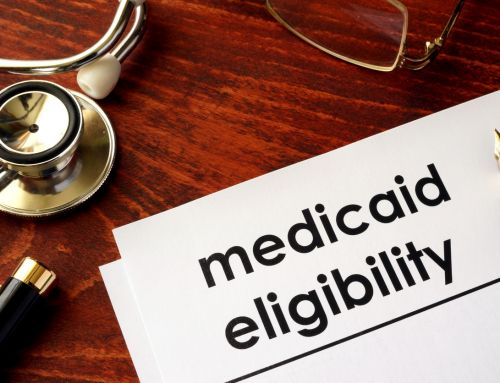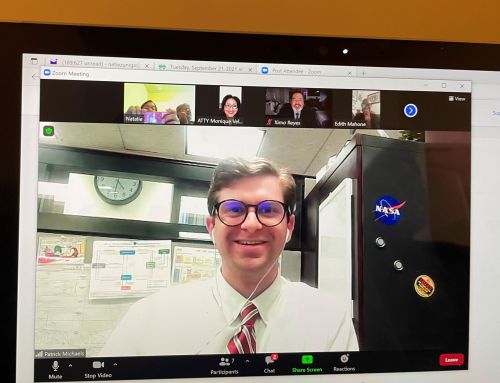Assemblyman Richard Gottfried, Chair, Assembly Health Committee
Legislative Office Building (LOB), Room 822
Albany, NY 12248
Senator Kemp Hannon, Chair, Senate Health Committee
420 State Capitol Bldg.
Albany, NY 12247
RE: Restrictions to New York Medicaid Coverage of Enteral Nutritional Supplements
Dear Senate Health Committee Chair Hannon and Assembly Health Committee Chair Gottfried:
As America’s largest patient-led organization representing dialysis patients, Dialysis Patient Citizens (DPC) works to improve the quality of life of dialysis patients. Today we write on behalf of the 24,491 dialysis patients in New York, because we remain deeply concerned about the loss of coverage of enternal nutritional supplements for dialysis patients covered by Medicaid. Limiting coverage of oral nutritional supplements to individuals over the age of twenty-one who are tube-fed and individuals with rare inborn metabolic disorders will compromise the health and quality of life of dialysis patients and will lead to higher rates of more costly emergency care.
For the 31 million Americans living with chronic kidney disease and the 400,000 with end stage renal disease (ESRD) requiring life-saving dialysis treatments, following a proper nutritional regimen is a vital aspect of care. As many dialysis patients live on limited incomes, it can be difficult for them to properly maintain their nutrition since even after dialysis treatments, toxins build up in patient’s bodies and they may suffer from protein deficiencies. If patients are unable to afford or otherwise access proper nutrients they need from their food sources, they may require additional nutritional supplements to stay healthy. Enternal nutritional supplements provide these necessary nutrients to dialysis patients and limiting Medicaid coverage to individuals twenty-one years of age or older who are tube-fed or have a rare inborn metabolic disorder will make it difficult for dialysis patients to get the nutrients they need. Restricting coverage of these nutritional supplements will also lead to increased rates of emergency care and hospitalizations of dialysis patients, adding to the State’s health care costs, not decreasing them.
Dialysis patients can lead full and productive lives through a combination of proper nutrition, visits to physicians, prescription medication and dialysis treatments. DPC recognizes that the state must make difficult budgetary decisions but we are concerned that restricting Medicaid coverage of enternal nutritional supplements will have a negative effect on dialysis patient’s health and increase costly hospitalizations. DPC continues to work closely with the Northeast Kidney Foundation (NKF) on maintaining Medicaid coverage for nutritional supplements. Enclosed please find NKF’s letter-to-the-editor published August 31st in the Albany Times-Union regarding this important issue.
If we can provide any additional information, please feel free to contact us.
Warm regards,
Hrant Jamgochian
Executive Director




